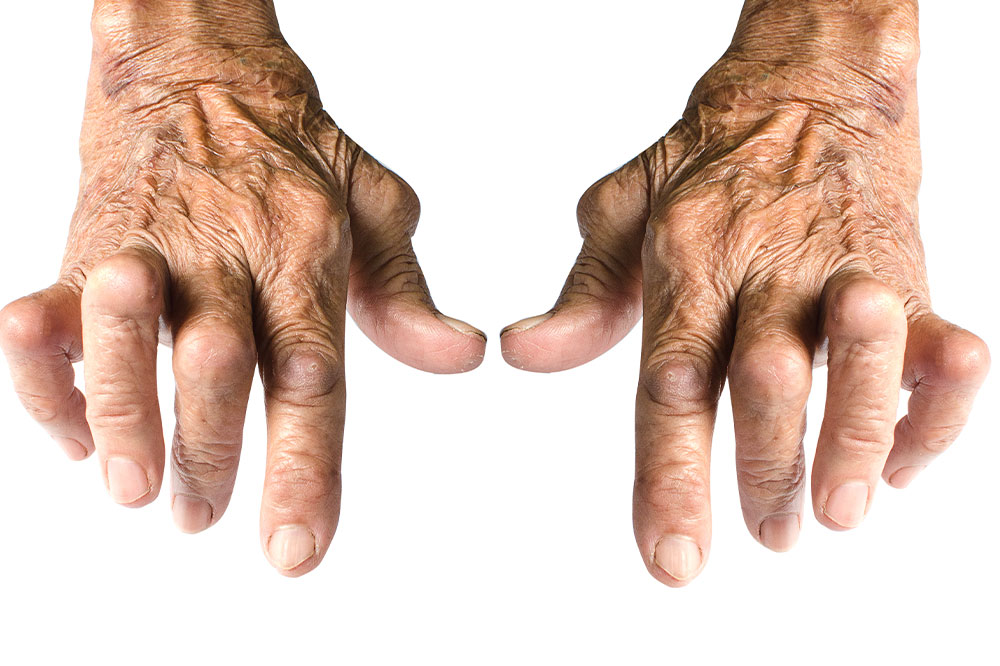7 things to avoid to manage rheumatoid arthritis

This autoimmune disease is characterized as an inflammatory disease that attacks the lining of the joints in the body. The inflammation around the joints causes swelling, tenderness, and pain. This chronic disease may affect one or multiple joints at once. Over a period, rheumatoid arthritis (RA) can lead to bone erosion and joint deformity. Given the seriousness of this long-term illness, we have enlisted things that can worsen rheumatoid arthritis.
Too much rest is not a good idea
Moving around with rheumatoid arthritis could get challenging, but adopting an active lifestyle is instead a smarter thing to do. Doing daily chores, going for a stroll, and picking hobbies like gardening keeps. An active lifestyle rewards the body in the long run. After all, working out is one of the most important ways to lessen the disability associated with this condition. Exercise regularly can improve strength and flexibility in those with rheumatoid arthritis. Stronger muscles can support the joints well; on the other hand, better flexibility can aid joint function.
Skipping treatment
It’s not wise to stop treatment or avoid taking the prescribed tablets for the condition. If a dose is missed, it’s advised to have it as soon as possible. Most people stop physiotherapy or taking tablets after they feel better.
Avoid strenuous physical activity
Avoid lifting heavy groceries or stuff around the house or at work. This can put immense pressure on the inflamed joints and lead to faster bone erosion.
Avoid eating packaged foods
Any disease is treated with medical intervention in combination with a healthy food regime. Avoid packaged foods, frozen dinners, and sugary juices available in cartons. These commercially available foods come with tons of additives, preservatives, sugar, and salt to increase their shelf life. Most of these food products contain empty calories and are addictive. They are often prepared in vegetable oils that aggravate inflammation. Instead, eat wholesome, nutrient-dense, and omega-3-rich foods to manage the condition.
Don’t forget to protect the joints
When exercising or even when going for a walk, it is essential to protect the joints to save them from the added stress of the activity. Patients can use assistive devices, braces, and splints to keep the joints protected from excess weight or pressure. This can significantly lower the swelling and tenderness around the joints.
Prevent dehydration
Drinking around eight to ten glasses of water is recommended for everyone, including rheumatoid arthritis patients.



